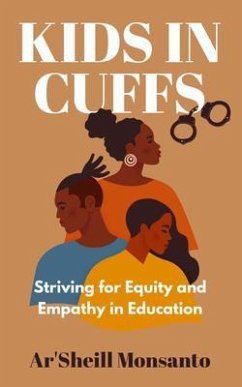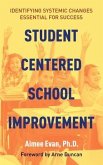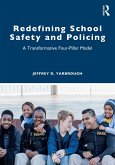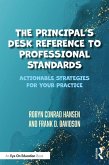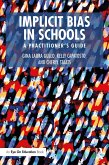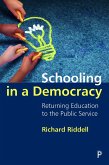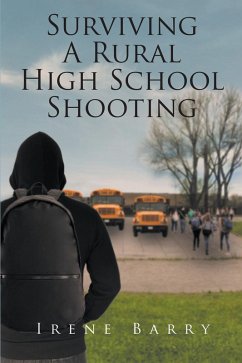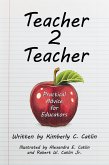Picture it. Twenty years ago you experience exclusionary discipline firsthand. Years later you become a parent and suddenly your kid is pulled aside by the teacher for a supposed offense. Your kid has no idea what he's done wrong. When you pick him up that day, you learn that he was disciplined for a benign, youthful action. Situations like this happen more often than not to students of color.
Long-standing discriminatory practices in school discipline, whether intentional or not, have manifested colossal gaps in education. And yes, disproportionate school discipline starts as early as daycare and can persist through high school, leading to the school-to-prison-pipeline.
In Kids in Cuffs: Striving for Empathy and Equity in Education, author Ar'Sheill Monsanto explores:
Now is the time for shifts in school discipline policies in order for education to be equitable for all students.
Long-standing discriminatory practices in school discipline, whether intentional or not, have manifested colossal gaps in education. And yes, disproportionate school discipline starts as early as daycare and can persist through high school, leading to the school-to-prison-pipeline.
In Kids in Cuffs: Striving for Empathy and Equity in Education, author Ar'Sheill Monsanto explores:
- What happens when students get suspended?
- Do school police really deter violence like school shootings?
- Are there alternatives to exclusionary discipline?
- What is restorative justice?
Now is the time for shifts in school discipline policies in order for education to be equitable for all students.
Dieser Download kann aus rechtlichen Gründen nur mit Rechnungsadresse in A, D ausgeliefert werden.

